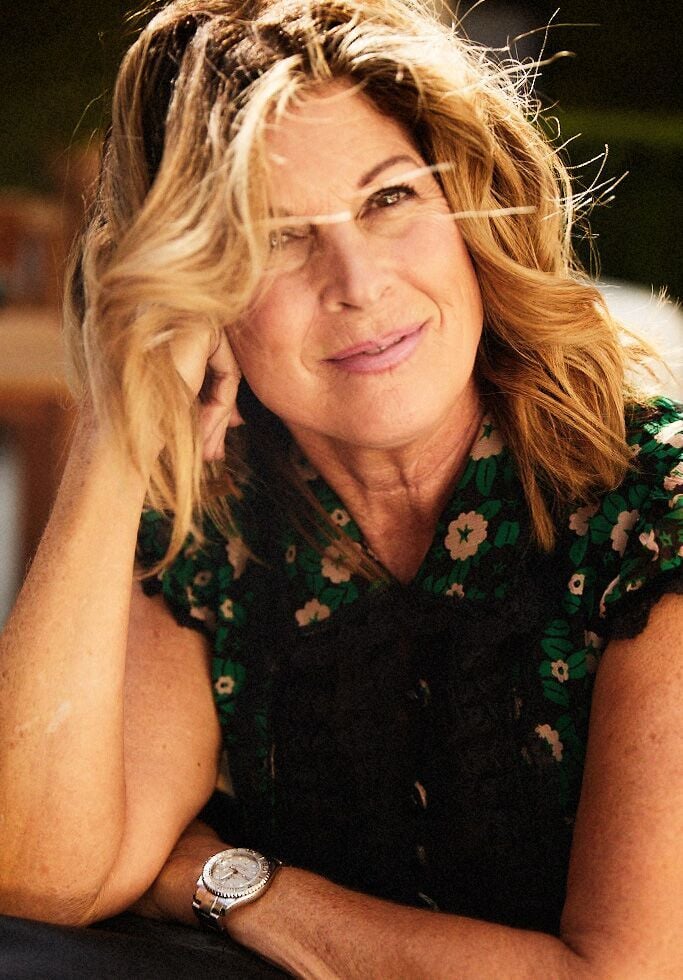The Last Single Girl: Great Love, Part 2

Jesus says to her, “Please give Me a drink” (John 4:7), and with these words, opens up a life-changing conversation. She, of course, is taken back, asking, “You are a Jew, and I am a Samaritan woman. Why are you asking me for a drink?”
What a feisty reply! It’s likely that she’s learned from experience not to allow herself to put hope in men or their smooth words. And now, here was this Jew being kind to her, and asking her for water? Why was He even bothering with her—a Samaritan, and a woman no less—here at the well, during the hottest part of the day?
This is where Jesus finds us. Void of all diversions or interruptions. Exposed, and at our most uncomfortable and vulnerable. He lays us bare in order to begin His rebuilding and His transformation.
“Therefore, behold, I will allure her, I will bring her into the wilderness, and speak comfort to her” (Hosea 2:14).
As a single girl myself, I know that I am not much different from her, this woman at the well. She is brazen and defiant, defensive and skeptical. When sin casts its shadow, and our hearts continue to live under its covering and weight, things get messy.
Wanting so deeply to be loved, we find compromise waiting for us at the end of a very bumpy road. When guilt finally sets in, so does a self-protective nature called “the flesh.” Walls are built and arguments ensue.
In verse 10, Jesus answers her, saying, “If you only knew the gift God has for you and who I am, you would ask me, and I would give you living water.”
She questions Him again, “But Sir, you don’t have a rope or a bucket, and this is a very deep well. Where would you get this living water?”
With this question, we can see her trying to reason with love, trying to trap it and solve its mystery, trying to make it predictable and safe. Anything to avoid risking it all, especially her bruised and battered soul.
In Verse 13, Jesus continues on, in spite of her attempts at human logic: “Everyone who drinks this water will be thirsty again, but whoever drinks the water I give him will never thirst again.”
I imagine that she might have found herself intrigued. Her thoughts, possibly drifting away from her initial task of drawing water, were now focused on this stranger. Maybe it’s the kindness He is emanating, or the overwhelming sense of peace that seems to pour from Him as He speaks to her.
I can picture her—trying to avert her gaze, trying not to stare—but slowly finding recognition in His eyes. She sees herself in them, and that is how He sees her, bathed in love, spotless and pure.
His eyes! How could they at once be so unlike anything she’d ever known, and yet so . . . familiar? He radiates . . . dare she speak it . . . love?
She opens her mouth to ask a question, and in few simple words, hope begins to blossom from dead soil . . .








4 comments
Tracey | April 7, 2010
The woman at the well is my favorite story in the Bible. It is my story in so many ways. I'm grateful of all the awesome miracles Jesus performed, people He ministered to, and that this ordinary encounter gets into the Bible. It is just the woman at the well and Jesus!
Leave a comment
Sue Mills | April 8, 2010
You truly have a gift for taking right into the story and seeing this whole account. I am so proud of you....
mom
Leave a comment
Julie | April 8, 2010
Ash, your insight into this familiar story shows great depth. Thank you for sharing this with all of us. It will cause many to stop and think about how they look into Jesus' eyes.
Leave a comment
Nicole | May 21, 2010
Thank you Ashlee, for sharing this with us ladies, specially those of us who are single. Every word in this story is reading my heart and my feelings and everything that I've been experiencing lately. What's so awesome to me, is how Jesus sees me (us) bathed in love, spotless and pure....................IN JESUS MIGHTY NAME......AMEN
Leave a comment
Leave a comment